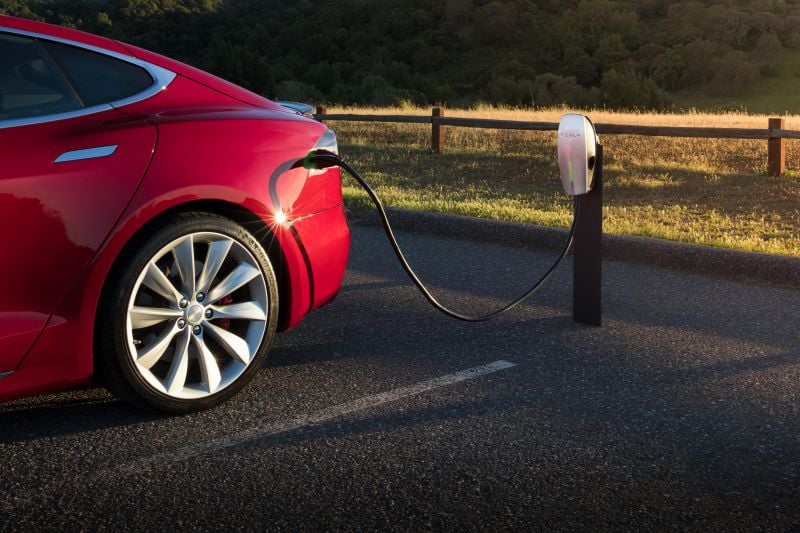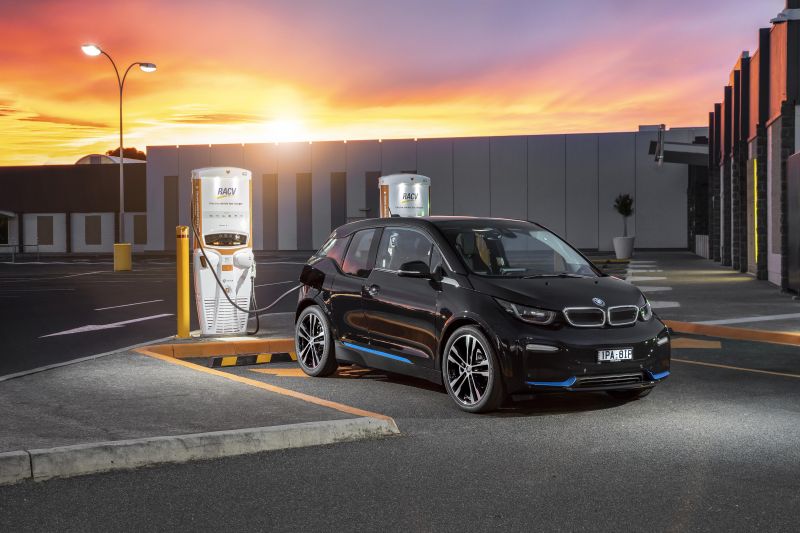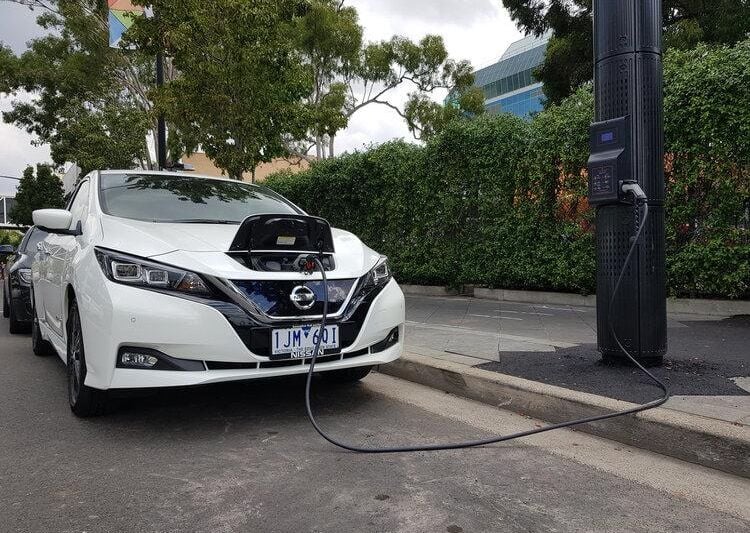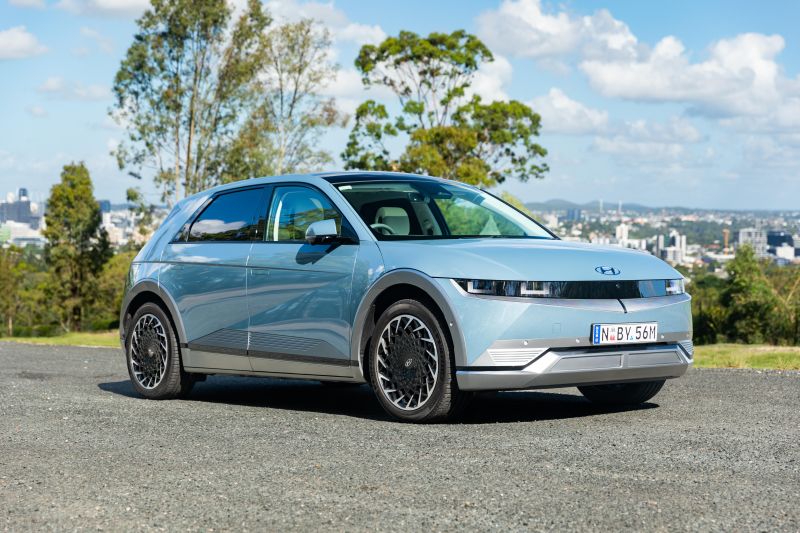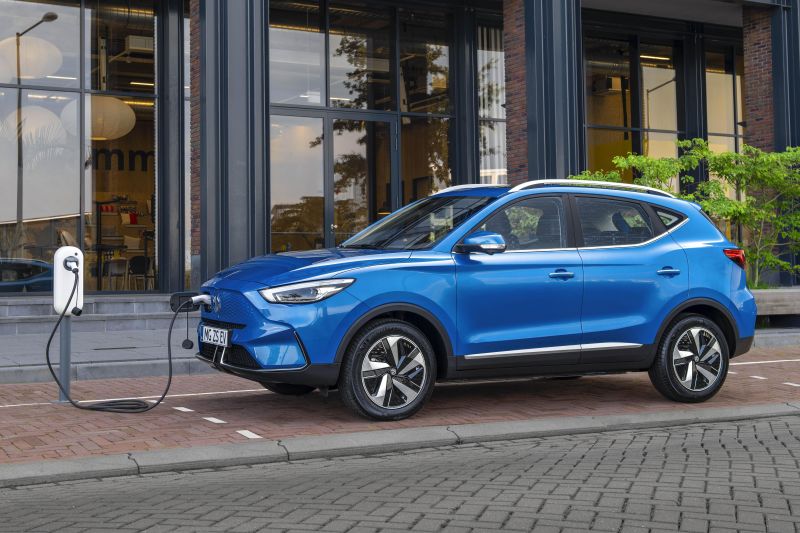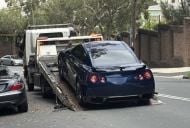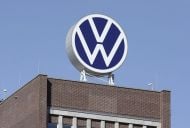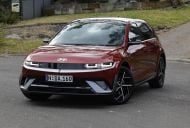Steep pricing remains far and away the biggest impediment for Australians eager to switch over to an electric car, according to consumer review and comparison site Canstar Blue.
A survey of 2700 Australians who purchased a car in the last five years found about 40 per cent would have considered an EV if the pricing barriers were lower.
The second-biggest concern was lack of public charging infrastructure, but only 13 per cent of respondents cited this as a chief concern by contrast.
“More than two-thirds of new car owners in Australia who decided against purchasing an electric vehicle despite wanting one said high prices were their biggest barrier to buying,” said Canstar Blue’s energy editor Jared Mullane.
“However, many of those who desire to buy an electric car are optimistic about the future, believing that the price and range of available electric vehicles will continue to improve”.
EV sales in Australia are spiking thanks in large part to market-leader Tesla, but remain a tiny part of the overall picture: less than two per cent of total new car sales.
Until very recently in Australia, unlike many other countries, there was no incentive at any level of government to help people afford expensive electric vehicles. However, there are now State-based tax breaks and rebates available to most Australians.
For example, population hubs New South Wales, Victoria and Queensland all offer $3000 rebates for EV buyers, with respective price caps on eligible vehicles of $68,750, $68,740, and $58,000.
MORE: What electric vehicle buyer incentives are offered around Australia?
Regardless, the cheapest EV on sale in Australia costs $44,990, meaning even with rebates there’s no battery-powered car you can buy new for less than $42,000. And there’s a very limited used market due to low take-up so far.
While EVs are inherently expensive because newer technologies take time to pay off, the other issue affecting pricing is lack of available EV stock and limited competition – both of which are factors that impact cost in any economic sector.
At present the waiting list for Australia’s most popular EV, the Tesla Model 3, is 6-9 months, while demand for hyped models like the Hyundai Ioniq 5 and Kia EV6 greatly exceeds limited year-one supplies of a few hundred units apiece.
Ubiquitous semiconductor shortages play a role, of course. But furthermore the Australian car industry has repeatedly called for European-style federal government CO2 emissions schemes that impose steep fines on car brands whose average fleet CO2 exceeds an agreed limit.
MORE: Australian car industry keeps calling for new government-backed CO2 targets
This apparently incentivises company head offices overseas to redirect factory EV output, presumably at the expanse of other regions even further down the totem pole. Indeed, the industry has repeated that federal CO2 policies would bring about a flood of new EVs.
“If we don’t have that legislation in the market, then they’re going to prioritise the markets that have got it, to avoid very significant fines. It changes the game completely, it really does,” Volkswagen Group Australia chief Paul Sansom told CarExpert recently.
Meanwhile, for the close to 60 per cent of new car purchasers Canstar surveyed who had no interest in purchasing an electric vehicle, the top reason cited was they were not convinced they are cheaper to run or service.
“The ongoing running costs of an electric vehicle are generally lower than their fuel-powered counterparts, especially as the price of petrol skyrockets,” countered Mr Mullane.
This is backed up by a newly-released study commissioned by Fintech company Plenti and prepared by Accenture, which suggests EVs are now cost-competitive with internal combustion vehicles over their lifecycle – even when charged exclusively from the grid.
Moreover, according to the report households charging their EV from a home solar-battery system rather than the grid can expect a positive financial return over a 15-year period, with savings of up to $12,000 compared with owning an internal-combustion vehicle and using grid energy.
“According to our study, most people believe EVs are more expensive over their lifecycle than internal combustion vehicles – especially if they’ll be charging their EV from the grid. This perception remains a key reason why many people are yet to make the switch to electric,” said Plenti CEO Daniel Foggo.
“However, this perception is no longer accurate. Our study reveals that EVs are now cost-competitive with conventional cars over their lifecycle if charged from the grid. Even better, households charging their EV from a home solar-battery system can expect to save up to $12,000 over a 15-year period.”
Accenture managing director, ANZ Sustainability Services Lead Shaun Chau added that “with petrol and diesel prices soaring across Australia, EVs offer an increasingly competitive value proposition when compared to combustion engine vehicles. This is largely driven by the lower fuel costs of EVs.”
“Pent-up demand for EVs is high in Australia. However, the biggest barrier to EV adoption is upfront affordability. Australians are paying premium prices for EVs. This is due to a lack of subsidies, supply and range of available models when compared to countries with high EV uptake.
“The outlook for Australia’s future EV and home solar and battery system sales depends on the level of policy support available – as well as on the availability of sustainable finance.
“With stronger policy support, Australia could follow in the footsteps of Europe, China and California to grow its EV market by 6.5 times in the next five years to a combined $8.9 billion market for EVs and home solar and battery systems.”
MORE: What electric vehicle buyer incentives are offered around Australia?

